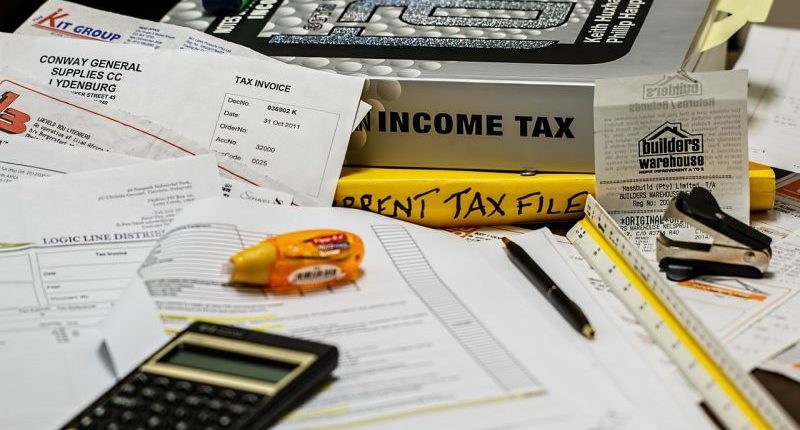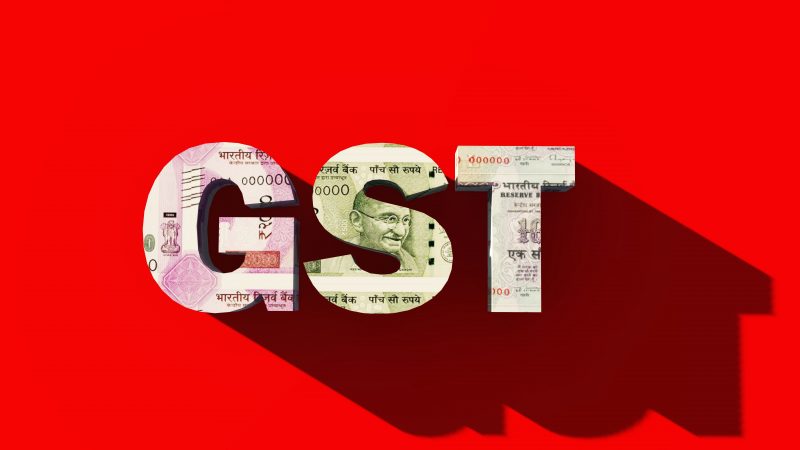September 2019 is very crucial for certain taxpayers registered under the Income Tax Act. There are certain changes, announced in the full Budget in July, are now applicable from the 1st of September 2019.
Here are some of the major tax changes and their impact on the taxpayers which has come into effect from September 1:
TDS on payments made by individuals and HUFs to contractors and professionals
Individuals and HUFs will have to deduct tax at source at the rate of 5% on the payment, made to any contractor or professional, exceeding Rs 50 lakh in aggregate in a year, starting September 1.
This means that the individuals and HUFs will have to deduct tax at the time of making the payment to a resident contractor or professional for any personal use.
Before this, there was no liability on an individual or HUF to deduct tax at source on such payments made by way of contractual fees or professional fees for personal use. The non-applicability of TDS on such payments was leaving a loophole for possible tax evasion in the economy.
For this purpose, the Section 194M has been inserted in the Finance Act to levy the TDS at the rate of 5% on the contractual payment or professional fees paid by an individual or a HUF for any personal use.
With the introduction of Section 194M, the government is aiming at bringing a major portion of payments made by individuals or HUFs under the umbrella of TDS. This move will help reduce tax evasion to a greater extent in the long run.
TDS on additional payments made when purchasing immovable property
Starting September 1, any individual buying a property will have to include certain payments, such as club membership fee, car parking fee, electricity and water fee, maintenance fee and any other charges of similar nature, along with the actual consideration of the property for the purpose for tax deduction at source.
Under Section 194IA, a TDS is levied at the rate of 1% on the amount of consideration paid for the transfer of any immovable property other than any agricultural land, where the value of the property exceeds Rs 50 lakh.
The term ‘consideration for immovable property’ was not defined for the purposes of Section 194IA. There are certain types of payments which a buyer is bound to pay to the builder or seller either under the same agreement or under a different agreement.
Going forward with the new definition of ‘consideration for immovable property’, the buyers will have to deduct TDS on the sum of the value of consideration and other charges incidental to the transfer of the immovable house property.
This move will ensure the inclusion of all the payments made by a buyer of the house property for the tax deduction under Section 194IA and also will reduce the tax evasion on payments made other than the actual consideration paid.
TDS on cash withdrawals from the bank account
In order to make India, a cashless economy and discourage large cash transactions, the government has introduced Section 194N in the Income Tax Act. This section provides for levy of TDS at the rate of 2% on cash withdrawals exceeding Rs 1 crore in aggregate made during the year from an account held with a bank (including cooperative banks) or post office. The section is applicable to all the withdrawals made after the 1st of September 2019 in excess of Rs 1 crore.
Recently the income tax department has clarified that the cash withdrawals made before September 1 will not be subjected to TDS under Section 194N. However, the threshold of Rs 1 crore is in with respect to the financial year, calculation of the amount of cash withdrawal for deducting tax under Section 194N shall be counted from the 1st of April 2019.
Hence, if an individual has withdrawn Rs 1 crore or more cash up to the 31st of August 2019 from one or more accounts maintained with a bank or a cooperative bank or a post office, the 2% TDS shall apply on all subsequent cash withdrawals made by him.
This move will help the government to keep a check on the cash transactions made by the taxpayers during the financial year and also, move the country towards a less-cash economy.
Also Read: ITR Filing: How to Claim Income Tax Refund Online
TDS on the taxable portion of life insurance
Starting from the 1st of September 2019, any person paying a sum to a resident individual under life insurance policy will have to deduct tax at source at the rate of 5% on the income portion of such sum of money. The income portion is equal to the amount calculated after deducting insurance premium from the total sum received by the individual.
Prior to this amendment, the payer was required to deduct only 1% of such sum paid to the individual. The taxpayers, who had to pay tax on net income only, were facing difficulties while filing their income tax returns.
For instance, mismatch in the income reported in the TDS return of the deductor and income disclosed in the tax return filed by the individual. The amendment to this section will be able to solve the issues faced by the taxpayers receiving taxable insurance maturity proceeds.
Banks and FIs can be asked to report even small SFTs
Till the 31st of August 2019, banks and other financial institutions were required to report specified financial transactions (SFTs) to the income tax department if the amount of transaction exceeds Rs 50,000.
However, from the 1st of September 2019, the threshold limit of Rs 50,000 for reporting SFT has been removed. This means that the banks and financial institutions will have to report even small transactions to the department. The department will in turn use this data to check and process your income tax return.
The department will now keep a watch on nominal transactions of taxpayers made during the financial year and take further action on it if required.
Consequences of not linking PAN with aadhaar
With effect from the 1st of September 2019, if any person fails to link his Aadhaar to PAN by the specified deadline, then the PAN will be inoperative but not invalid. The government is yet to clarify the rules regarding the consequences if the PAN becomes inoperative.
Till the 31st of August 2019, the provisions of Section 139AA stated that the PAN will become invalid if it is not linked to Aadhaar by the specified date. The provision created confusion that whether it would be treated as if the person never had a PAN or what will happen to the transactions made earlier using the PAN.
With this amendment, the government has validated all the previous transactions done by the individuals using PAN.`
As a taxpayer, you should watch out to all the above provisions and amendments made to them for the current financial year. These amendments will help the government reduce tax evasion from the economy and also promote digitisation in the country.
I am an aspiring Chartered Accountant. I spend most of my free time dredging through the various Indian finance subreddits. I am a semi-professional bowler with a high strike rate every time there is a new tax reform!





